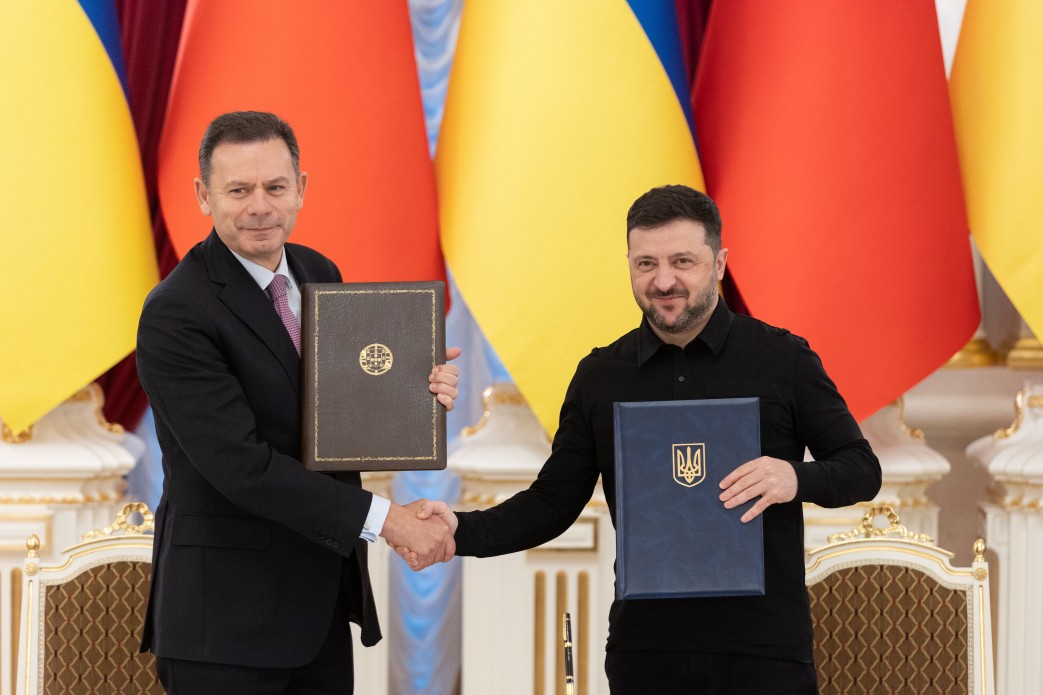Approximately €7 billion allocated to support Kyiv in the current federal budget of Germany is mostly spent or tied to contracts. Less than €200 million remains for new deliveries in the second half of 2024.
This was reported by Spiegel.
Therefore, Defense Minister Boris Pistorius has requested additional funding from Finance Minister Christian Lindner.
According to the publication, Pistorius has already informally informed Lindner that the aid package for Ukraine in armaments should be increased by another €4 billion in the second half of 2024. Support is planned through the so-called Ukraine staff under the leadership of Major General Christian Freidinger. Its experts consider it necessary to maintain continuous support for Ukraine in armaments until the end of 2024.
According to Spiegel, Pistorius wants to use the new money to deliver more ammunition, urgently needed spare parts, and possibly more Leopard 1A tanks to Ukraine this year.
However, Finance Minister Lindner has called on the federal government to save money. Excessive spending, such as an additional four billion euros for Ukraine, is likely to be uncomfortable for him. However, in the defense department, the supply of ammunition and spare parts is considered necessary for Ukraine to continue defending itself against Russia, the publication writes.
Earlier, Pistorius declined to go into details of internal discussions with Lindner. Ukrainian funds for 2024 are "largely spent and earmarked," he said when asked about it. He only tangentially confirmed discussions with Lindner about new money.
"We are currently working on securing additional funds to continue work this year," the minister said.
As Spiegel notes, the struggle for money for further armament packages comes at an inconvenient time for the federal government. At the NATO summit in Washington this week, Berlin wants to present itself as a steadfast supporter of Ukraine. Pistorius is not the only one who has repeatedly stated in recent weeks that Germany is currently the second-largest financier of arms supplies after the United States. However, supplies from Germany, which have already begun, are likely to run out no later than autumn without new funds.





















